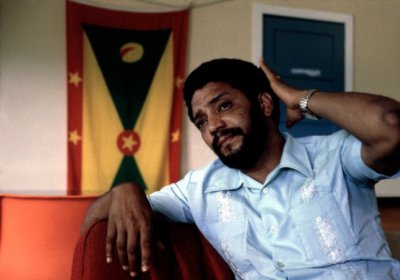On October 28, the 100th anniversary of the first conscription referendum, historian Michael Hamel-Green gave a talk at the Brunswick Library entitled "When Australians said no to war".
Hamel-Green said that in official commemorations of World War I there is "amnesia" about the divisions among the Australian people over the war.
When the initial high level of voluntary recruitment to the army declined, Labor Prime Minister Billy Hughes decided to introduce conscription for overseas service — conscription for service within Australia was already legal.










 Photos of forcibly disappeared supporters of the Patriotic Union. Photo: EFE.
Colombian President Juan Manuel Santos acknowledged the state’s responsibility in the killing of thousands of members of a leftist political party three decades ago, TeleSUR English said on September 15. Santos pledged to prevent such assassinations again.
Photos of forcibly disappeared supporters of the Patriotic Union. Photo: EFE.
Colombian President Juan Manuel Santos acknowledged the state’s responsibility in the killing of thousands of members of a leftist political party three decades ago, TeleSUR English said on September 15. Santos pledged to prevent such assassinations again.
 Suspected leftists held by the military during the mass killings that followed the Western-backed 1965 Indonesian military coup.
East Timor’s decision to take Australia to the Hague over Australia’s refusal to obey international law — and grant East Timor its legitimate share of oil and gas resources — comes just weeks after a tribunal at the Hague found Australia was complicit in the murders in Indonesia in 1965.
Suspected leftists held by the military during the mass killings that followed the Western-backed 1965 Indonesian military coup.
East Timor’s decision to take Australia to the Hague over Australia’s refusal to obey international law — and grant East Timor its legitimate share of oil and gas resources — comes just weeks after a tribunal at the Hague found Australia was complicit in the murders in Indonesia in 1965.